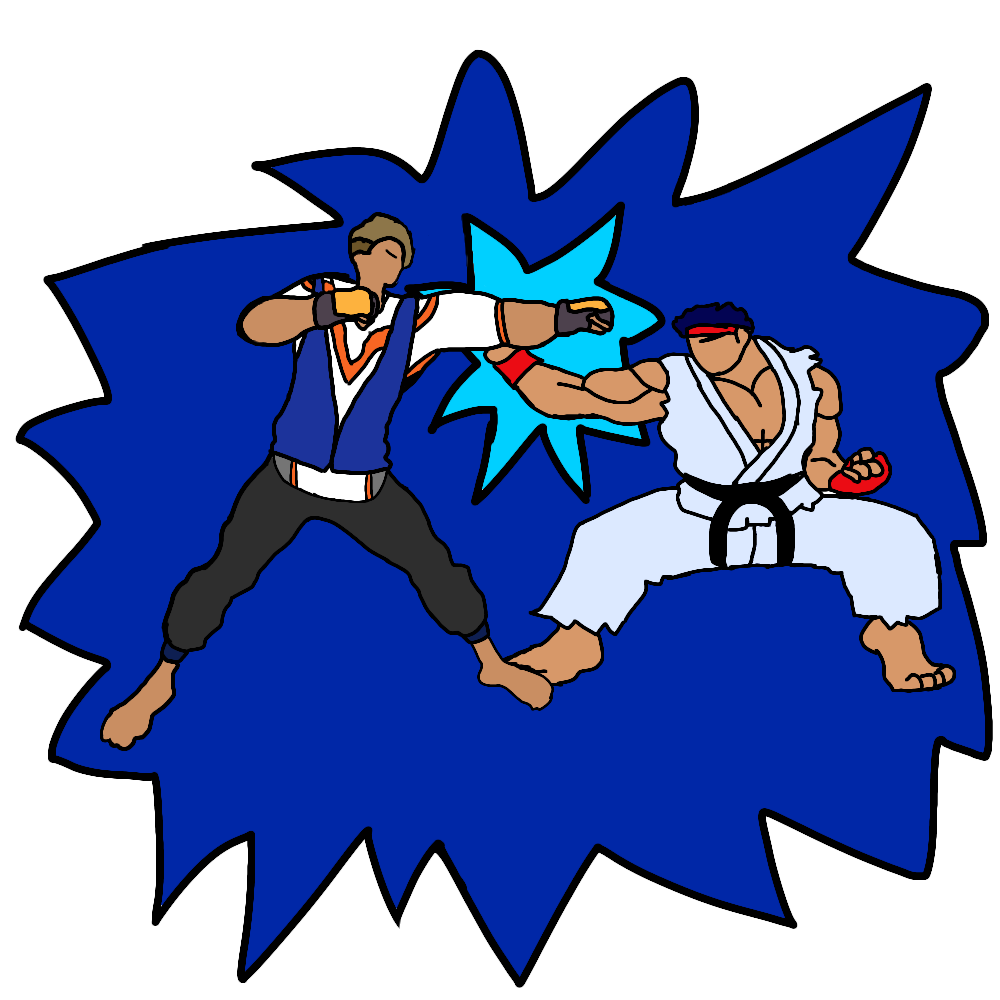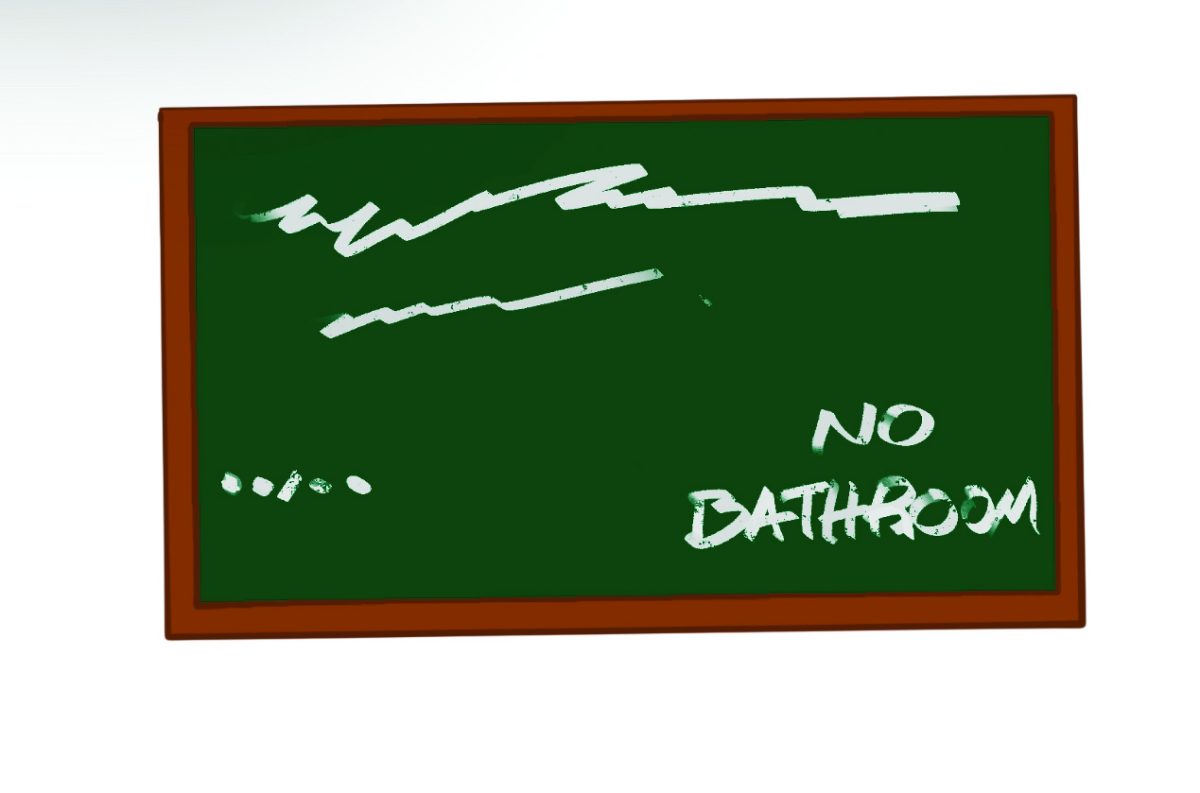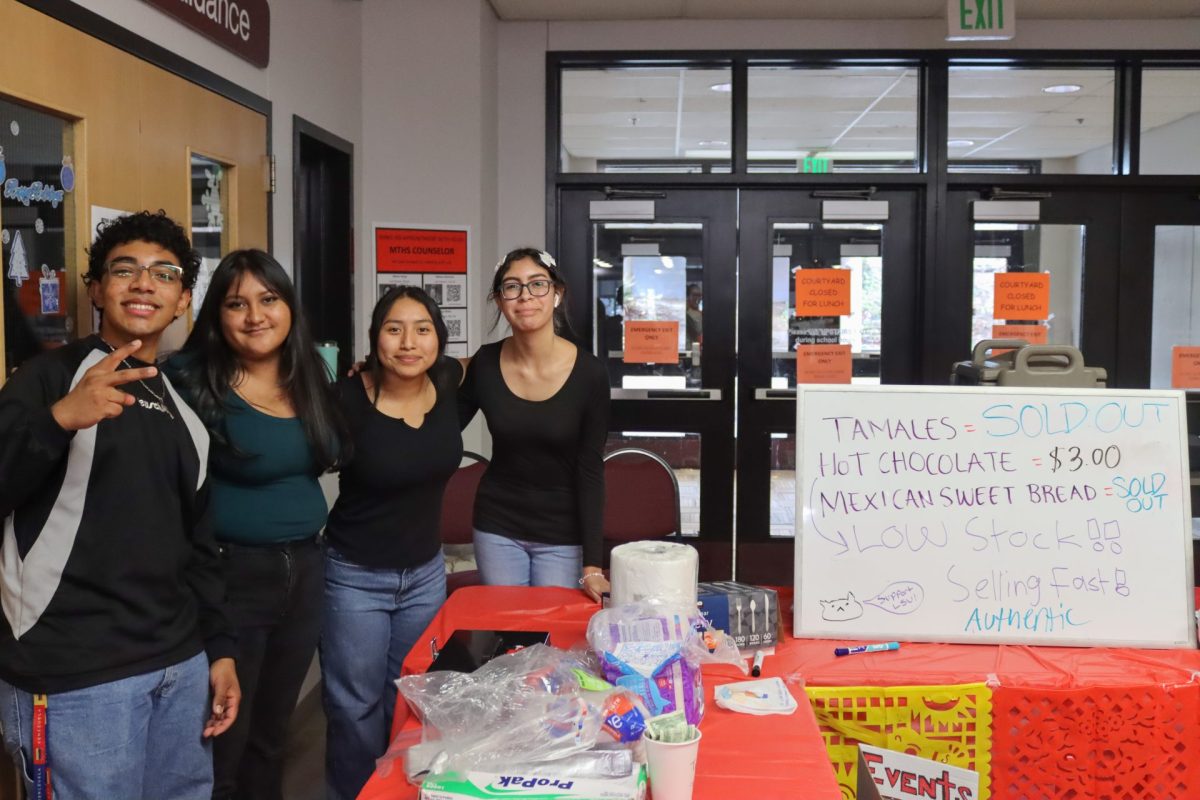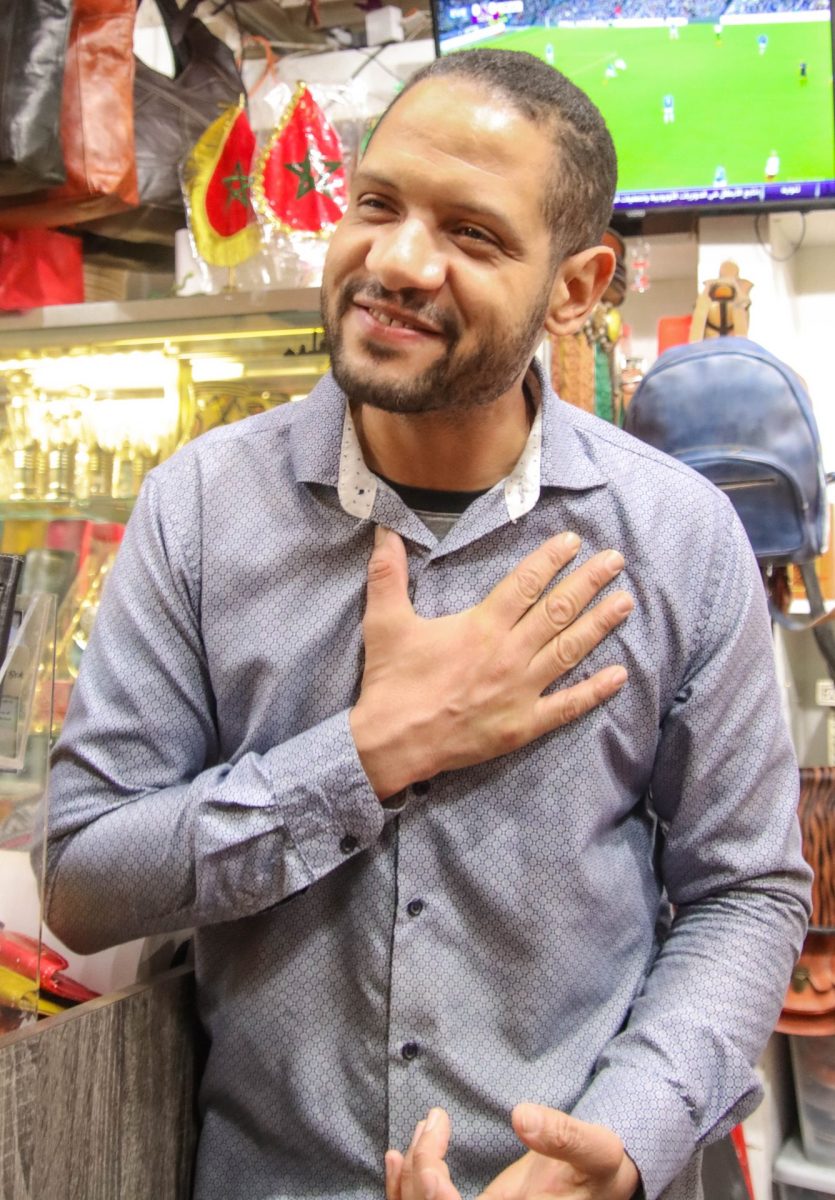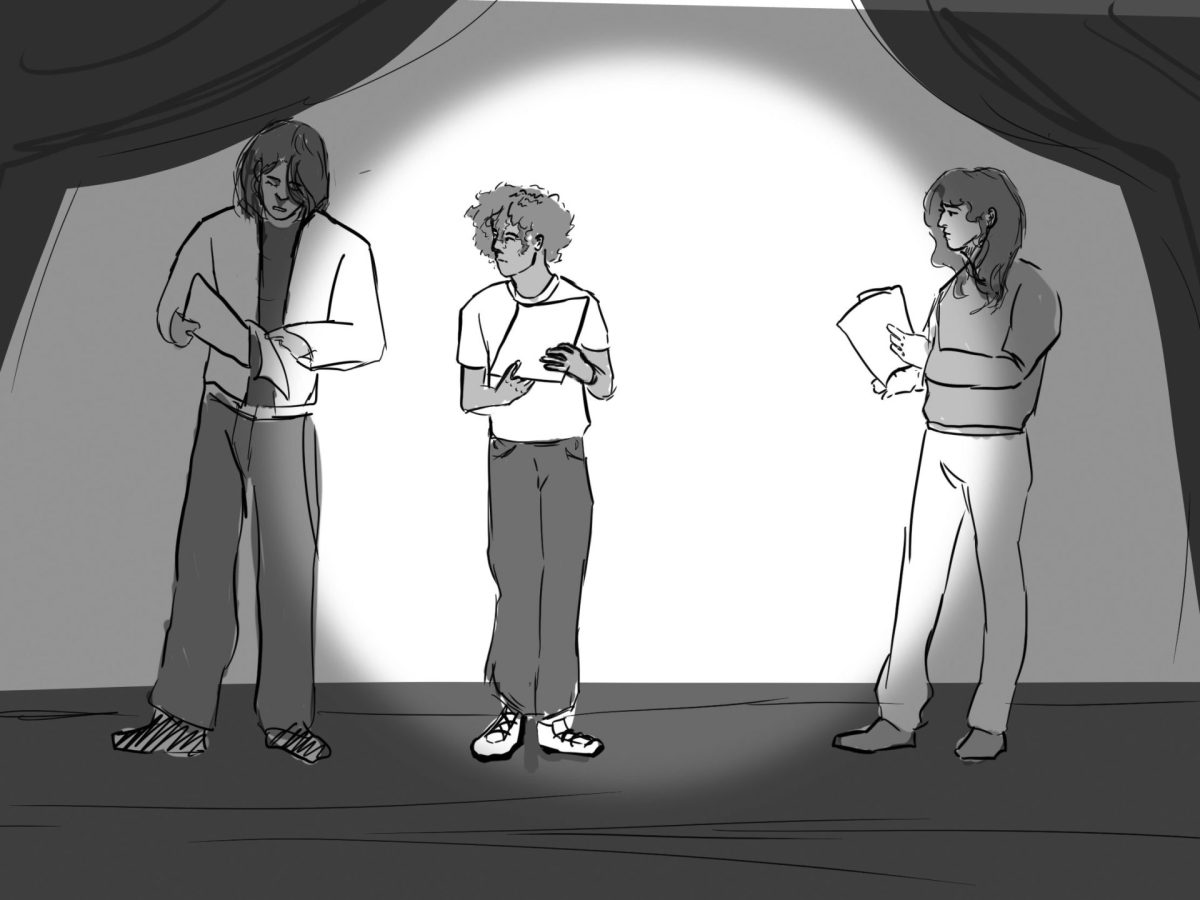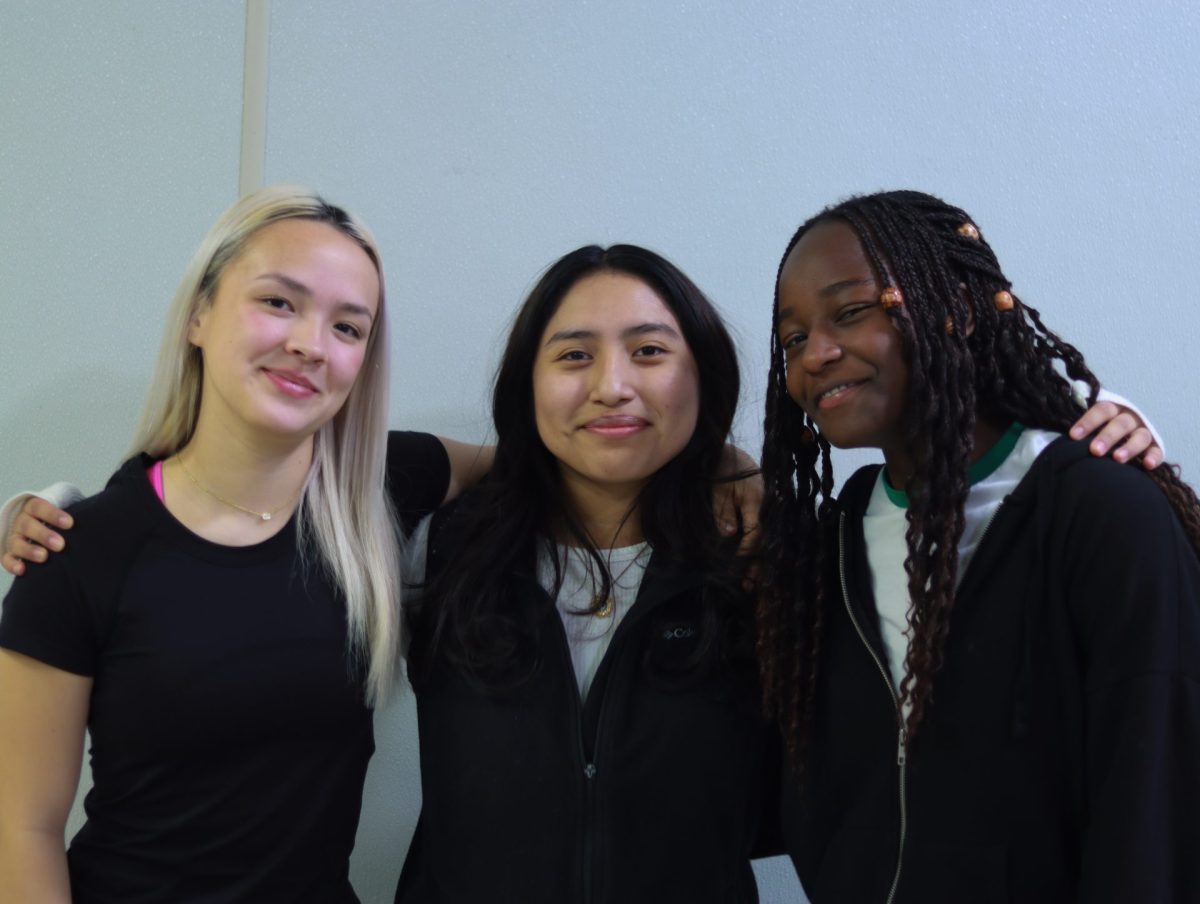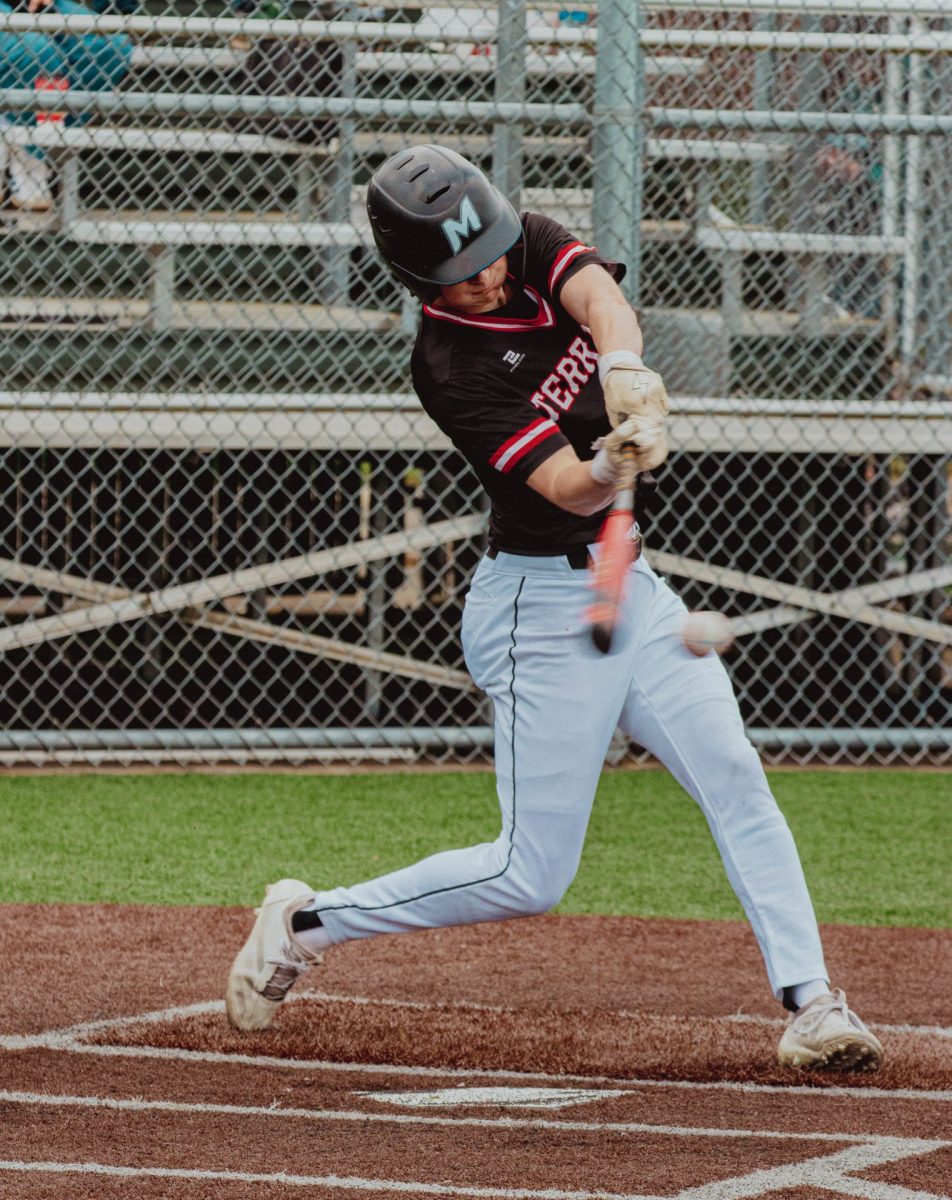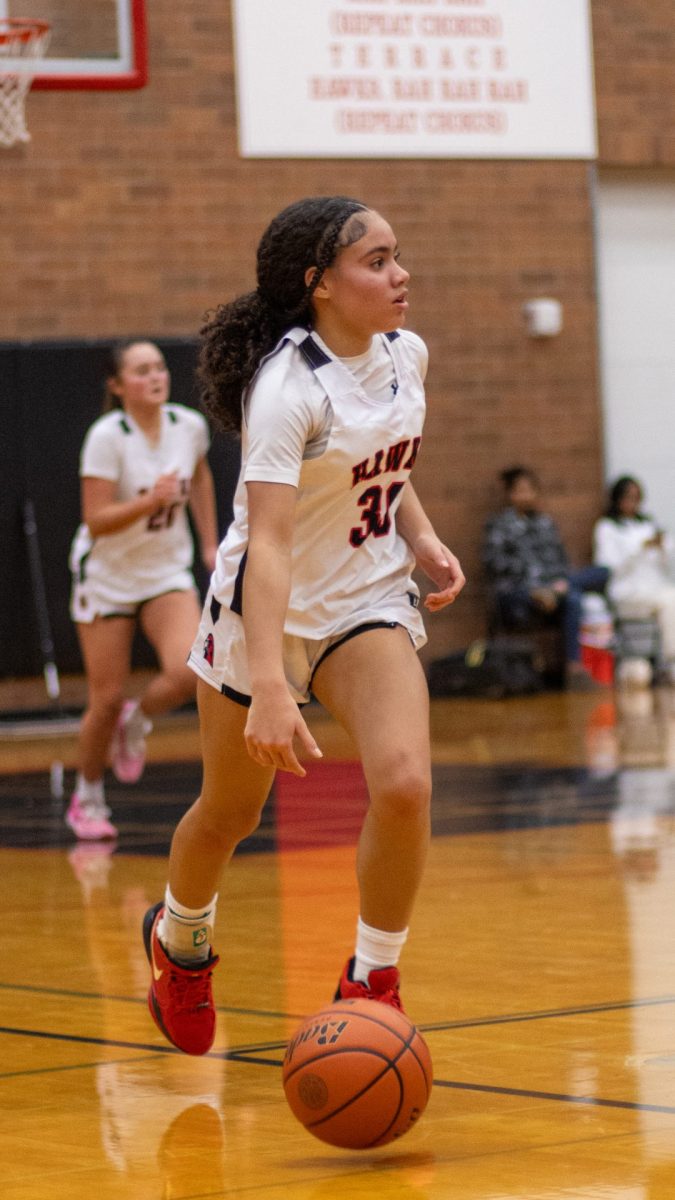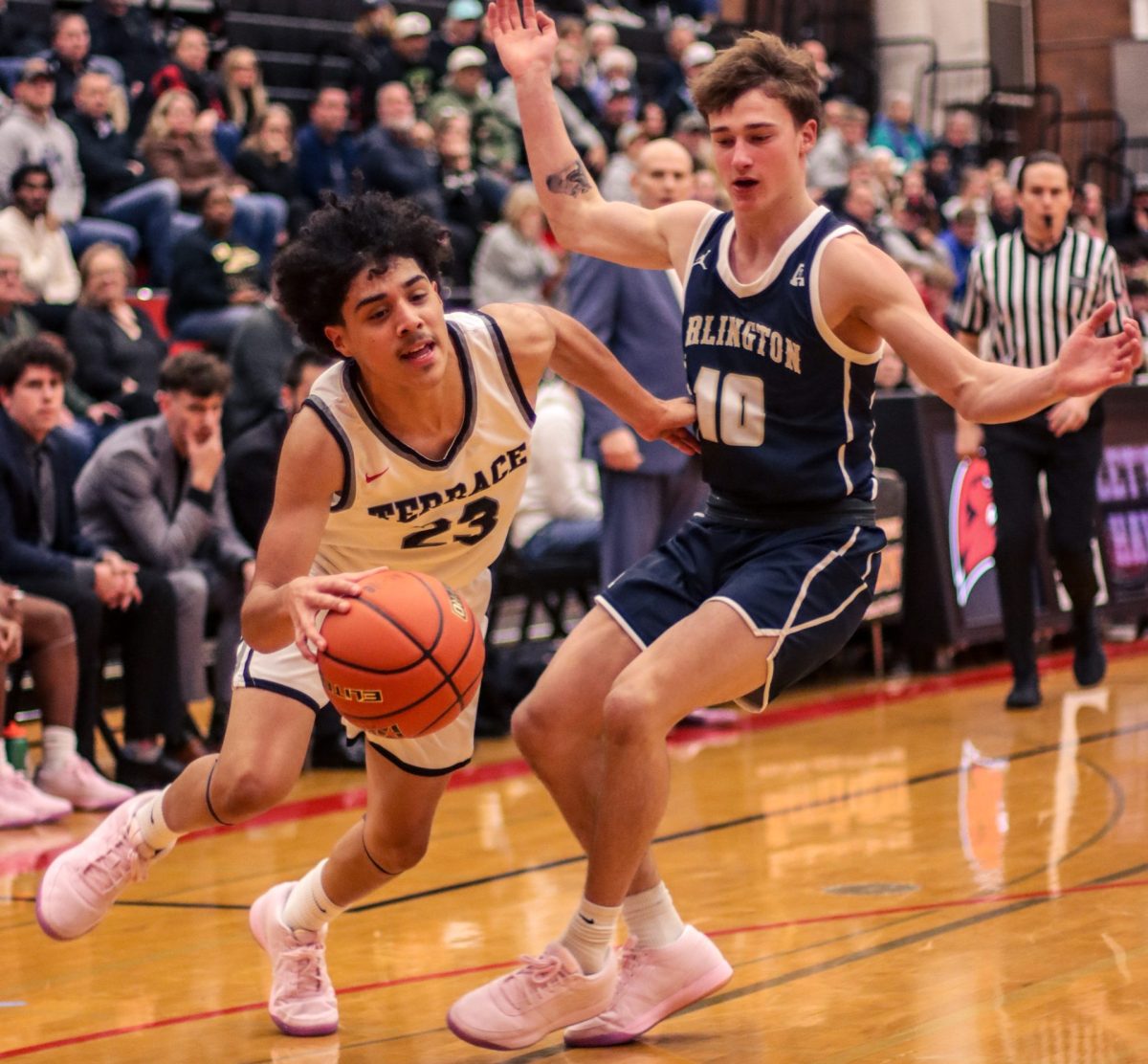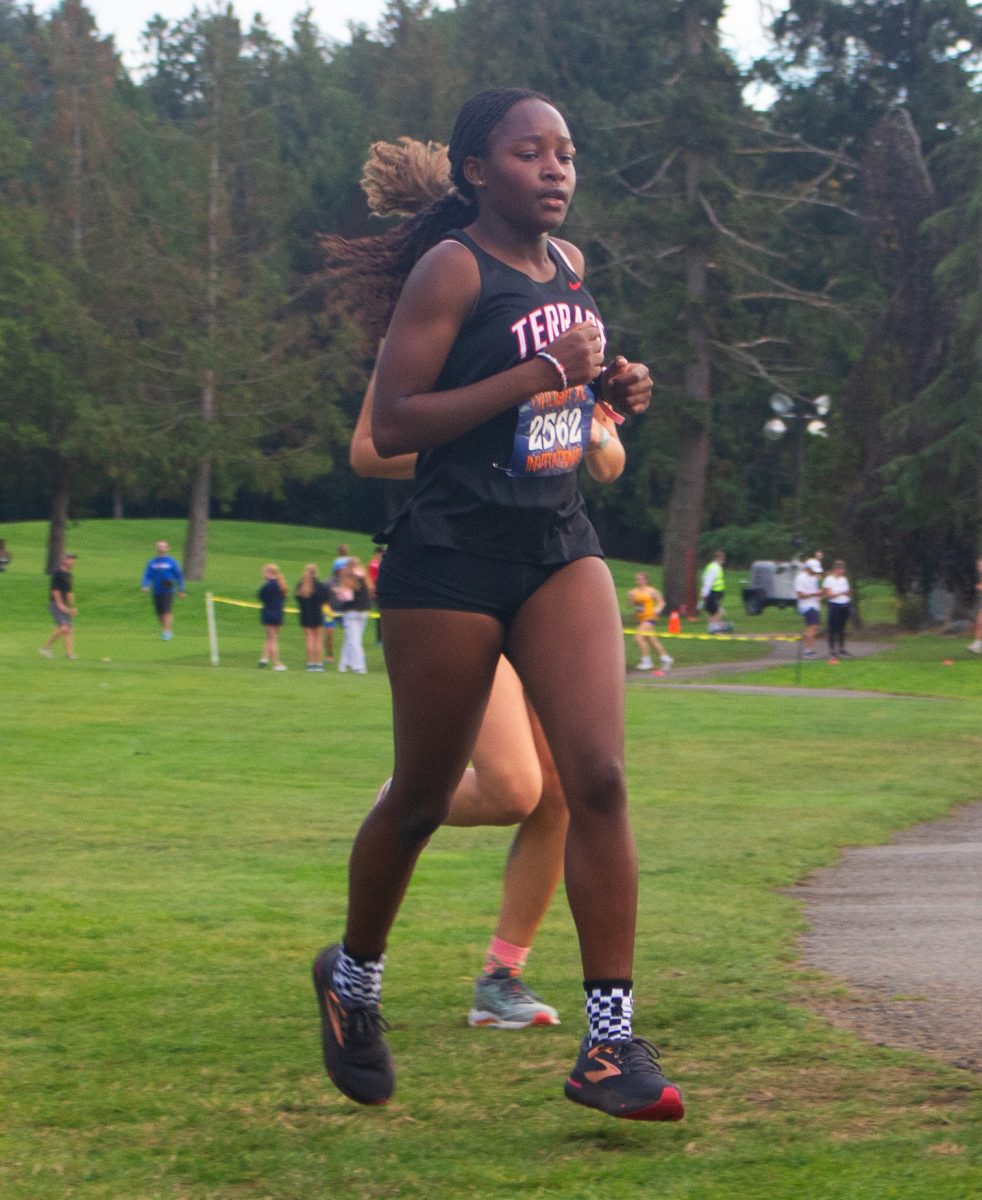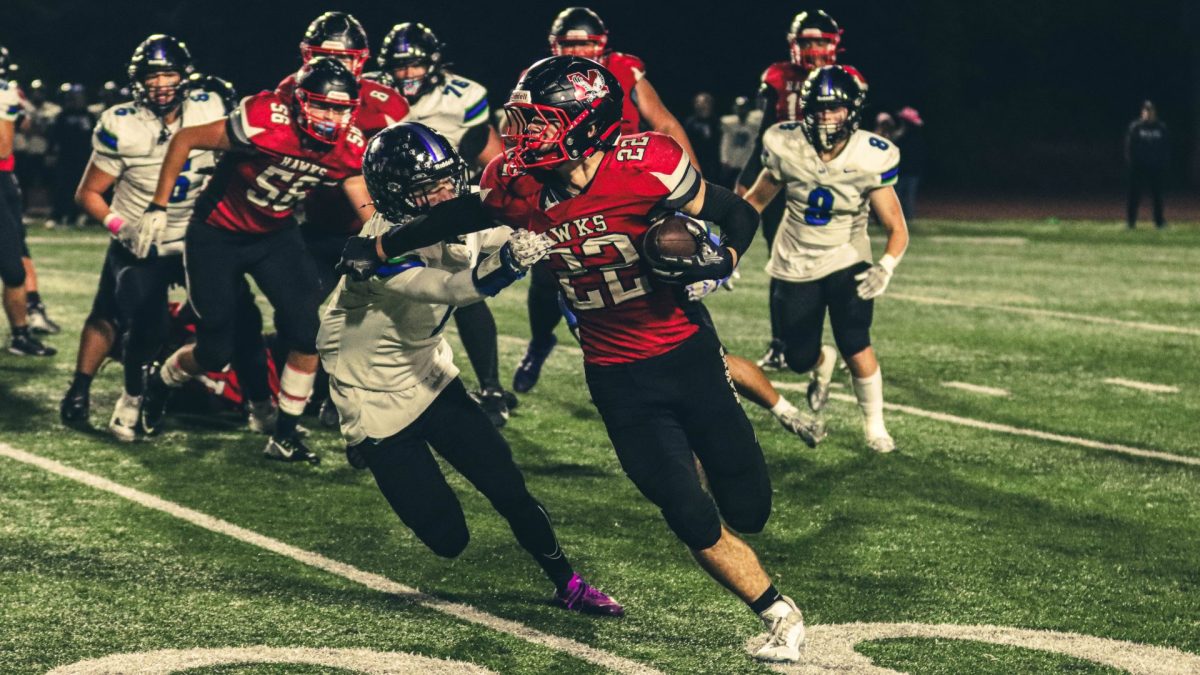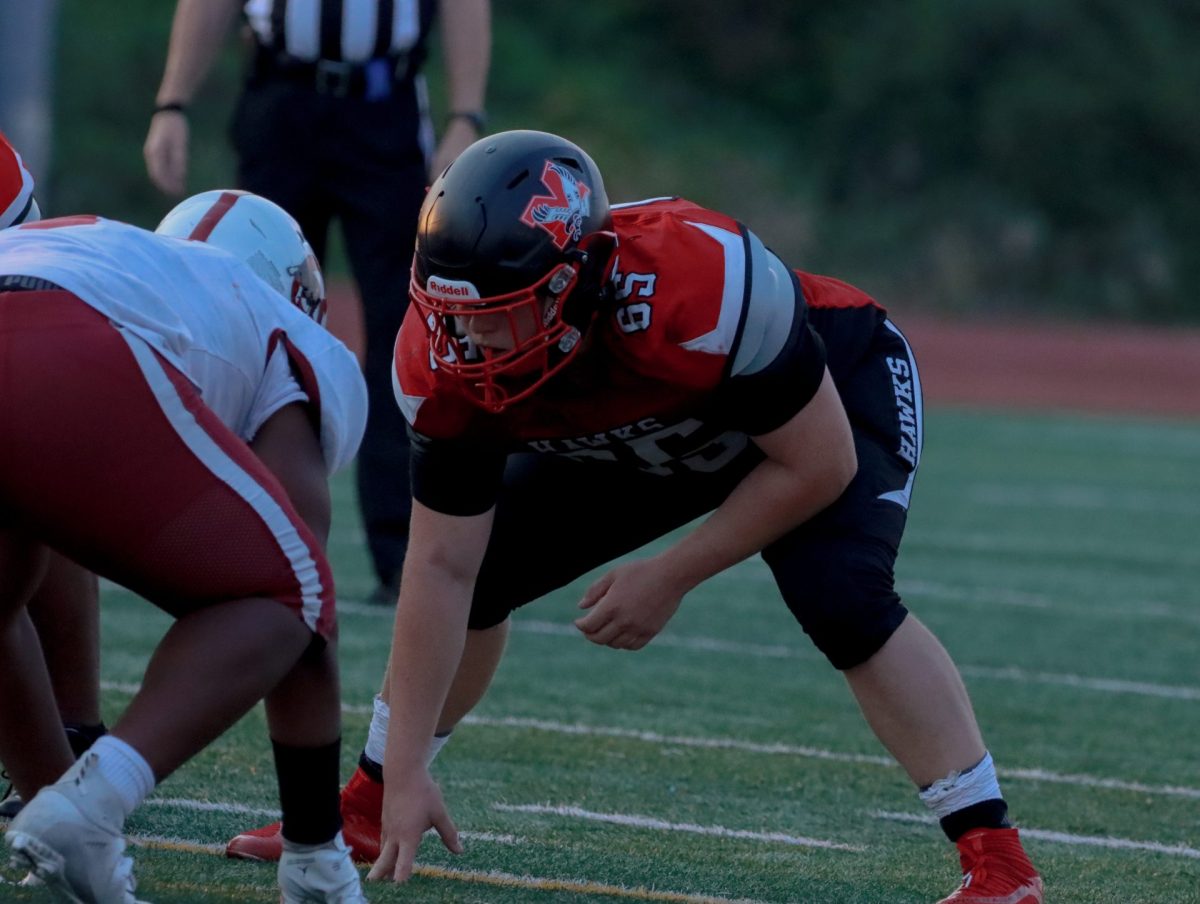The men’s basketball program is has earned a spot in the post-season in eight of the past nine years – finishing as high as 4th in the WIAA State Tourney in 2013 and making it to the state regional round before losing to Bellevue last Saturday.
But, in the past two years, the Terraceum has seen a massive drop in fan attendance and participation. The lack of fan support has caused meant the loss of one of the Hawks’ biggest edge: the power of passionate fans.
Whether it’s the deafening noise of the 12th Man at CenturyLink Field or the roar of “Dub Nation” inside Oracle Arena, fans have become a crucial part of the dynamic of a team sport. The term “home court advantage” was coined because of the impact that fans’ actions can have on the game.
Washingtonians should know this better than most as the Seattle Seahawks are just two years removed from their Super Bowl run where the 12th Man was able to get in the heads of each and every opponent at CenturyLink Field as they stomped their way to the Lombardi trophy in February, 2014.
During this run, not only did the fans’ noise disrupt the mental strength of each and every player on the opposition, but it also disrupted and wreaked havoc on the communication of the other team, forcing false start penalties left and right.
To truly find the impact of playing on your home court in front of your fans, we can start from the top: the professionals.
In the National Basketball Association (NBA), through statistics released by NBA.com, it was shown that from 1998-2008, the success rate of home teams was high. During the regular season, the home team won 7,021 games while losing 4,569 games, a winning percentage of 60.6.
During this same time frame, from 1998-2008, it was reported that home teams in the postseason won 513 games while losing 278 games. This showed an increase in the winning percentage by home teams in the playoffs to roughly 64.9 percent.
This is also present in the realm of college basketball. It’s no surprise that the courts deemed to have some of the rowdiest fans are home to some of the most successful college basketball programs in all of the nation.
Look at the Kansas Jayhawks in the Allen Fieldhouse, the Kentucky Wildcats in Rupp Arena, or even a college team in our very own Washington state: the Gonzaga Bulldogs in their McCarthey Athletic Center. While talent is a huge factor in college basketball, it cannot be denied that there isn’t at least some correlation between having an avid fan base and the success rate of a team.
Considering the amazing talent present in the NBA and NCAA, if home court advantage is such a big factor among these professionals, imagine the impact that home court advantage could have in a high school setting.
It was during that 2011-2012 men’s basketball run to the Tacoma Dome that the “Rowdy Rooters” became local legends as they led fans to pack the stands at each and every game in order to support the Hawks.
“If you don’t believe that fans have a huge impact on the game, turn on a Seahawks game on Sunday,” head coach Nalin Sood said. “If you don’t believe it, turn on a 2011-13 MTHS men’s basketball game and look at the faces of the other team when they see the size of our fans.”
The Rowdy Rooters movement was coordinated through the efforts of alumnus Jalen Pahinui during his senior year.
“I was always jealous of the other high schools that had constant support in sports and I wanted to have that at Terrace. Basketball to me was perfect for that. Our team was rumored to be really good, and Nalin Sood is by far one of the best basketball coaches I’ve ever seen and so I just put my trust in them,” Pahinui said.
What was the goal of the Rowdy Rooters?
It was simple.
“Our main objective was to be as loud as possible and get inside the other team’s head and get them off of their game. Sports is 90 percent mental and 10 percent physical, and we knew that if we could take away the other team’s mental side of the game that our team would [outwork them physically],” Pahinui said.
Pahinui’s motivation to create this movement stemmed from the genuine desire of bringing the community together. He said that he wanted to eliminate the “cliquey-ness” and the popularity aspect of high school, and really make it all about the fun of supporting the team.
The movement wasn’t an instant success, but through constant advertising on HBN and the use of posters hung around the school, traction began to pick up.
“So at the beginning of the year, we had maybe 25-30 kids going to games. At the end of the year when we went to the Tacoma Dome, we had close to half of the school going,” Pahinui said.
Although Pahinui graduated four years ago come June, he says that he will always remember what the Rowdy Rooters did during his senior year.
“Probably my best memory of high school was leading the Rowdy Rooters. It was something special for the whole school. Most kids think that they’re too cool to have school pride and that high school is a waste of time. We changed that just by showing you can have a lot of fun just hanging out with your classmates at the games,” Pahinui said.
After a rough season in 2014-2015 – one of the rare seasons in the school’s history where the men’s team didn’t make the playoffs – the resurgent Hawks bounced back and finished 2nd in WesCo 3A South and 2nd in the District 1 playoffs. Despite their success on the court, the stands remained practically empty – particularly on the student side of the bleachers.
“We were known for our fan support,” Sood said. “It was part of the tradition and the lore of MTHS. Our fans brought something special every game. It’s disappointing that we’re not as good as we used to be.”
Even alumni such as Pahinui have become cognizant of the lack of participation.
“I’ve heard the team this year is phenomenal and it’s really sad to see them not get the support that they deserve. I’ve been told that the student attendance has gone down tremendously in the past few years,” Pahinui said. “I think that it has something to do with not really having a leader to run the ship. You got to have a kid that’s outgoing, doesn’t care about what people think of how loud or proud he is of being in high school and cares only about other people having fun. I don’t think the kids realize that high school is going to be one of the best times of [their] lives.”
If you don’t believe that simply going to the games and showing support for the team has a direct influence on the players and their performance, listen to the players themselves.
“I think it changes the game a little bit. It’s a different atmosphere around you. You have your school backing you up on everything. It’s like having another player behind your back that keeps pushing you,” senior post Shimron Masih said.
Everyone on the varsity team can agree to that; from the four seniors all the way down to the four sophomores.
“Personally when I hear fans, I get riled up. I know that there are people there watching us and it makes me want to show up and play hard for them even if we don’t get the victory,” sophomore standout Khyree Armstead said.
Armstead’s older brother, Marquis, was a key player on the teams that enjoyed the support of the Rowdy Rooters, so Khyree experienced that enthusiasm from the stands growing up.
Besides the fact that fans can directly impact a game, coach Sood believes that as a school students should support their fellow student athletes regardless of the sport because of the character that the athletes display.
“It would help if we have more fans. Speaking on behalf of the basketball team, we’ve had a good year. We’ve been consistent all year,” Sood said. “You should want to support them because when you walk the hallways, they’d be very appreciative of it. The guys on this team are great guys. The same also goes for baseball, football, women’s basketball, wrestling and all of the sports here at MTHS. Why wouldn’t you want to cheer for them?”
Fan participation increased some during the postseason this year. Through social media outlets like Twitter, student leaders like junior Adam Lorraine along with junior cheerleaders Angel Garcia and Meeka Diaz made efforts to galvanize students together to finally show support for the men’s basketball team as they went on their playoff run.
While the winter sports season is over, there’s still time for students to stand together behind the Hawks and help them on their push towards the playoffs during spring sports.
Pahinui certainly believes so.
“You can still be a part of something that brings you closer to classmates. Why not look back when you’re older and be proud that you didn’t try to fit into a clique or tried all this extra stuff just to be part of the popular group. High school is all about finding yourself and having fun,” Pahinui said.
Above all else, the players say they want all the fans who have been there throughout the season to know that they are appreciated.
“I would say to all of our fans: thank you for coming along with us this year. We need your support. You guys are a key factor,” Masih said.


